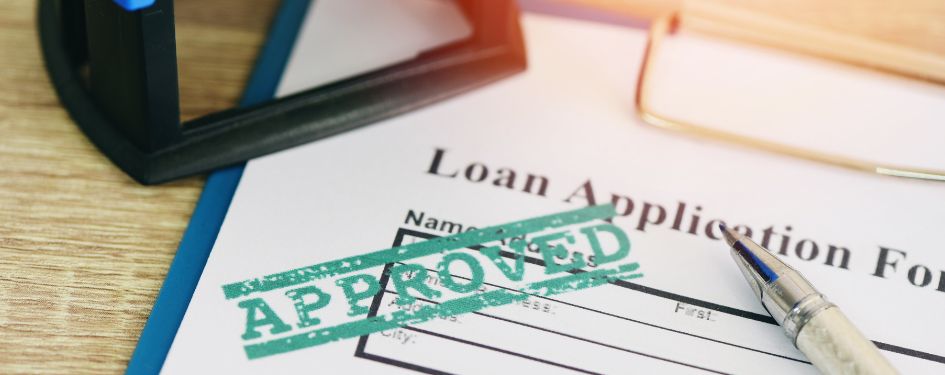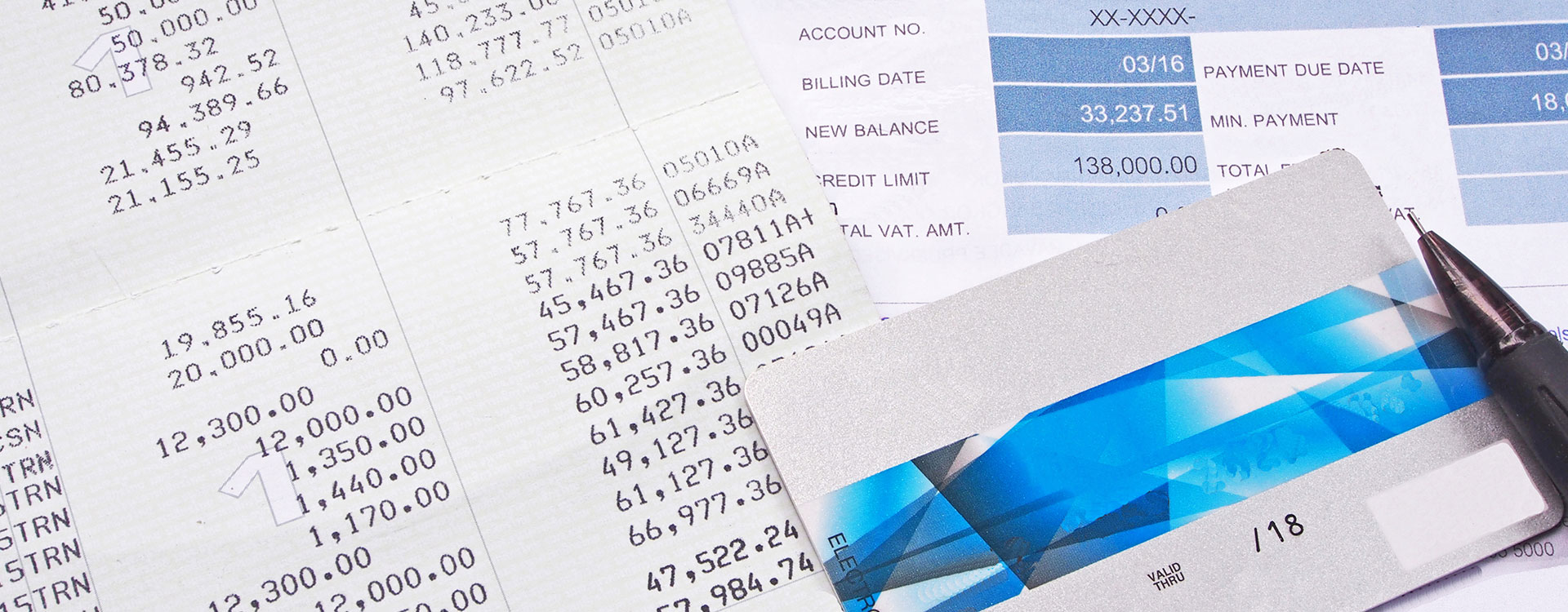A personal loan is a type of installment loan that allows you to borrow a set amount of money and repay it over time with fixed monthly payments.
You can use the funds from a personal loan for any purpose, whether it's debt consolidation, home renovations, or unexpected expenses.
Personal loans are different from credit cards in that they offer a lump sum of money upfront rather than allowing you to continuously borrow up to your credit limit. This makes them a popular choice for people looking to fund large one-time expenses, or those who want to consolidate high-interest debt into a single monthly payment.
KEY TAKEAWAYS:
- A personal loan is a type of installment loan that offers a lump sum of money upfront to be repaid over time with fixed monthly payments.
- Personal loans can be used for any purpose, such as debt consolidation, home renovations, or unexpected expenses.
- They are different from credit cards in that they do not allow you to continuously borrow up to your credit limit.
- Personal loans may offer lower interest rates than credit cards and can help simplify your finances by consolidating high-interest debts into one monthly payment.
How Personal Loans Work
Personal loans typically have fixed interest rates and monthly payments over set repayment periods. This is also known as an installment loan. The amount you can borrow will depend on your credit score, income, and other financial factors.
Your credit score is especially important, as lenders want to ensure that you have a history of repaying debt on time. Before applying for a personal loan, it's a good idea to check your credit score and see if there are any areas for improvement.
You can do this by pulling your credit report from the three major credit bureaus — Experian, Equifax, and TransUnion.
If you have a lower credit score, you may still be able to qualify for a personal loan but you may receive less favorable terms, such as a higher interest rate or shorter repayment period.
Depending on your lender, you may be able to borrow anywhere from $1,000 to $100,000 with a personal loan. However, it's important to only borrow what you can afford to repay. Taking on too much debt can negatively impact your credit score and financial stability.
A line of credit may be better than a personal loan if you are unsure of the exact amount you need.
With a line of credit, you can borrow and repay funds as needed, up to your approved credit limit. This allows for more flexibility and potentially lower interest rates compared to a personal loan.
These two options often get lumped together under the umbrella term "personal loans," but it's important to understand the differences between them.
Types of Personal Loans
There are two main types of personal loans: secured and unsecured.
Secured loans require collateral, which is an asset you own that the lender can seize if you fail to repay the loan. Common types of collateral include your home or car.
Unsecured loans do not require collateral, but they may have higher interest rates as a result.
Additionally, other types of personal loans include traditional bank loans, online personal loans, and peer-to-peer loans. If you are solely liable for the loan, it is considered an individual loan.
But if you take out a loan with another person (such as a spouse or family member), it would be considered a joint or co-signed loan. These different types of loans may have varying interest rates and terms, so it's important to shop around and compare options.
Debt Consolidation with Personal Loans
One common use for personal loans is debt consolidation. This involves taking out a new loan to pay off multiple existing debts, such as credit card balances or other loans. By consolidating your debts into one loan, you may be able to secure a lower interest rate and simplify your monthly payments.
Debt consolidation can also help you save money in interest over time. If you have high-interest debt, like credit card balances, consolidating them into a lower-interest personal loan can reduce the total amount of interest you pay over the life of the loan.
As a bonus, having just one monthly payment can make it easier to manage your finances and budget.
How To Manage A Personal Loan Effectively
Before taking out a personal loan, it's important to understand how to manage it effectively. The first step is to determine if you need the loan and if it fits into your budget.
It's important to borrow only what you can afford to repay, as defaulting on a personal loan can negatively impact your credit score.
Taking out a personal loan for debt consolidation for example can be a smart financial move, but make sure you have a plan in place to pay off the loan within the terms and avoid accruing more debt.
With the end in mind, the entire process from application to repayment should be thoroughly researched and planned to avoid future financial struggles.
Once you have taken out the loan, make sure to make timely payments every month. Late or missed payments may result in additional fees or damage your credit score. Set up automatic payments or reminders so that you don't forget about your monthly payment.
If possible, try to pay more than the minimum amount due each month, which can help you pay off the loan faster and save money on interest. Utilizing a loan calculator is an excellent way to see how much interest you can save by paying more than the minimum.
Align the results with your income and expenses to see what is feasible for you, then prioritize paying off the loan.
Are Personal Loans Easy To Get?
The ease with which you can get a personal loan depends on several factors, including your credit score, income, and debt-to-income ratio.
The higher your credit score and lower your debt-to-income ratio, the more likely you are to be approved for a personal loan with favorable terms.
However, it is important to note that even if you have less-than-perfect credit or a high debt-to-income ratio, you may still be able to secure a personal loan.
Some lenders specialize in working with individuals who have less-than-ideal credit profiles.
How Credit9 Can Help You
At Credit9, we offer loan options that could provide you with the financial solution that works best for you.
Since 2018, Credit9 has provided over $460 Million in loans to over 36,000 of our customers, and we’re confident we can help you too.
For more information about Credit9’s unique debt consolidation services, contact us today to see how we can help you consolidate your debts and receive a free, no-obligation, and fully-customized Credit9 loan solution!



